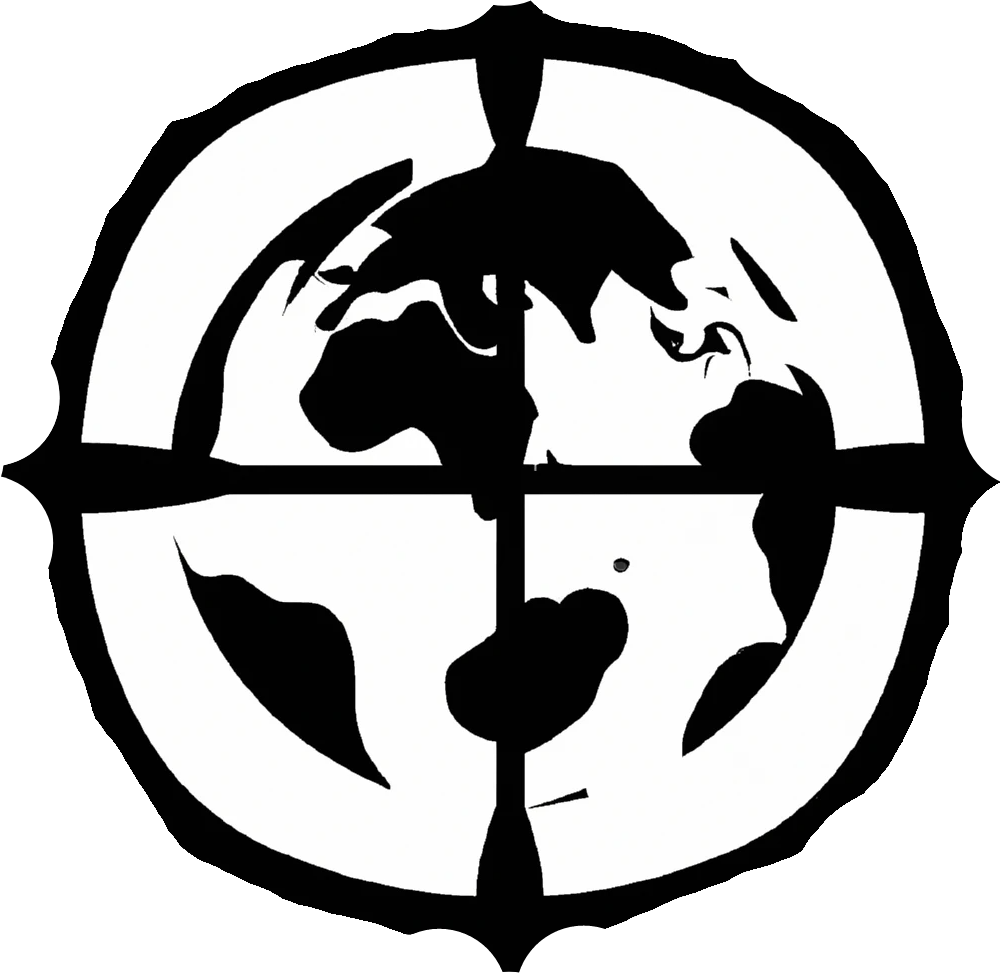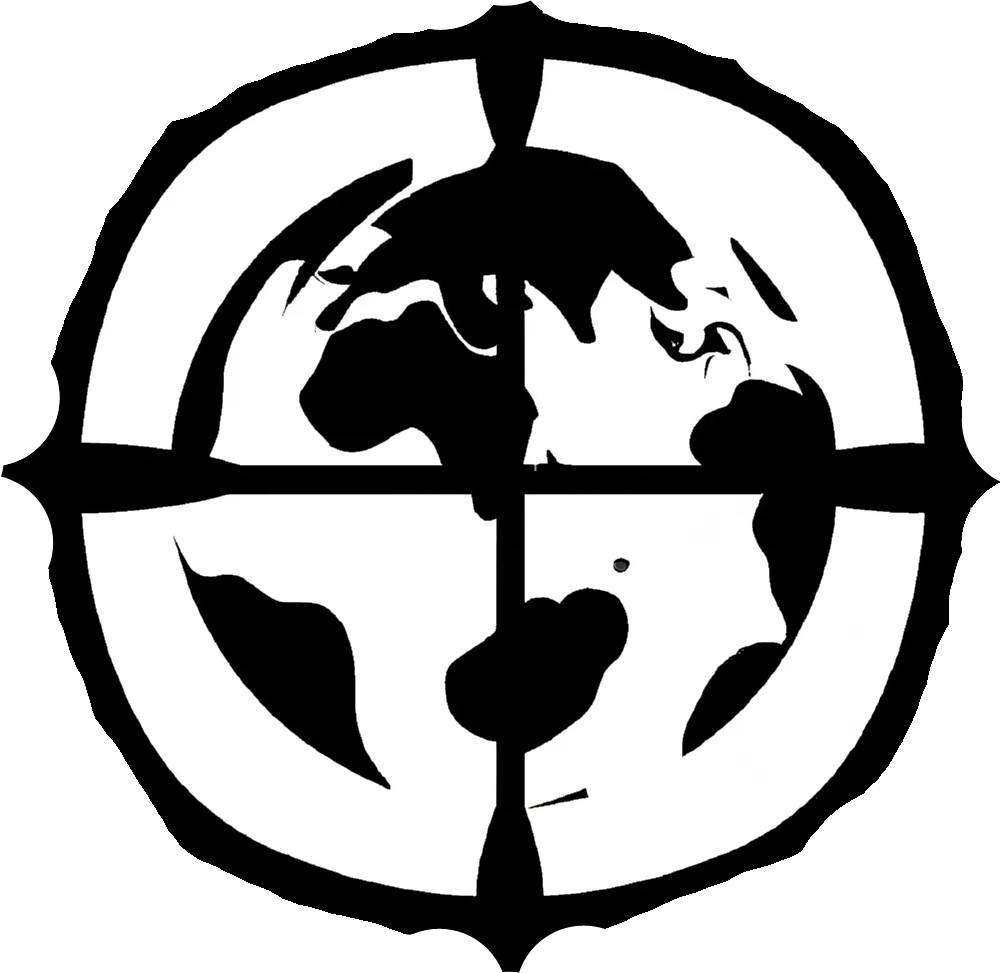Is TikTok spying on you? The International Debate on Data Privacy and National Security
The allegations of spying and sharing user data with China have damaged TikTok's reputation. This blog explores the ongoing international discussion on data privacy and national security, as well as current Congressional hearings and the appointment of a new CEO.

One of the most controversial social media platforms in the world in recent months is TikTok. The app has been accused of everything from spying on its users to suppressing political speech. It allows users to create short movies and share them with a global audience. Because of this, numerous governments, including those in the US, UK and India, have thought about or implemented prohibitions on the app.
This blog article will discuss the ongoing TikTok ban controversy and how it may affect social media in the future. We'll discuss the most recent congressional hearings on the security and privacy issues with TikTok, the selection of Shou Chew as the company's new CEO, and the justifications for and against a TikTok ban.
The Congressional Hearings
US lawmakers criticised TikTok in July 2020 over suspicions that the service was giving user data to the Chinese government. The charges were refuted by the corporation, but the controversy persisted. President Donald Trump issued an executive order in August 2020 that outlawed TikTok in the US until it was acquired by a US-based corporation.
A legal dispute and many congressional hearings on TikTok's security and privacy issues were spurred by the decision. Shou Chew, the CEO of TikTok, spoke in front of the US Congress during a hearing in March 2023 together with other professionals and stakeholders.
Chew defended TikTok's data practices and security measures, stating that the company had never shared user data with the Chinese government and that it was committed to protecting user privacy. However, lawmakers expressed skepticism and called for greater transparency and accountability from the company.
The hearing also addressed concerns over TikTok's potential censorship of political speech and its impact on US national security. Some lawmakers argued that TikTok's ties to China made it a potential security threat, while others warned against censorship and the suppression of free speech.
The Appointment of Shou Chew
Chew, who formerly held the position of TikTok's chief product officer, is regarded as an experienced business leader with a comprehensive grasp of the social media ecosystem.
Chew has said that he intends to keep TikTok expanding and innovating while also attending to the issues brought up by US legislators and regulators. He stressed the value of responsibility and transparency and declared that TikTok is dedicated to acting as a responsible corporate citizen.
However, Chew's appointment has also raised questions about TikTok's future relationship with Western governments. Some experts have speculated that Chew's ties to China and his experience working for Chinese tech giant ByteDance could make it more difficult for TikTok to gain the trust of US regulators and lawmakers.
The Ban Debate
The debate over a potential TikTok ban has been ongoing for several years, with concerns ranging from data privacy to censorship to national security. Issues raised include data privacy, censorship, and national security. Ban advocates claim that TikTok threatens US national security and that because of its ties to China, it could be used for Chinese espionage and propaganda.
Opponents of a ban argue that TikTok is an important platform for free expression and creativity, and that a ban would be a violation of free speech and an unnecessary restraint on social media. A ban's usefulness has also been questioned by some experts, who point out that it might only drive users to alternative platforms and create new security risks.
The discussion over a TikTok ban is far from done, and it will certainly have a big impact on how social media and foreign relations develop in the future. Governments and tech corporations are still struggling to regulate online content and other technologies.
Final Thoughts
In conclusion, there are numerous and intricate difficulties pertaining to TikTok and its interaction with the West. The app has become the focus of a global discussion about technology and national security due to issues with data privacy and security, as well as claims of censorship and propaganda.
The recent Congressional hearings and the selection of Shou Chew as the new CEO of TikTok serve to emphasise the significance of accountability and leadership in resolving these issues. It will be up to Chew and his team to steer the business through these difficult times and forge connections with governments and users all across the world as TikTok continues to gain popularity and impact.
TikTok continues to be a distinctive platform for creativity, expression, and connection despite the issues and difficulties. From dancing competitions to political satire, the app has become a powerful tool for young people to engage with the world around them and share their experiences with others.
As we look to the future of technology and foreign relations, it seems apparent that platforms like TikTok will continue to play a significant role in creating our world. We can make sure that these technologies are used responsibly, ethically, and in a way that promotes a more inclusive and connected global community by staying informed and involved.
Ben Miller




